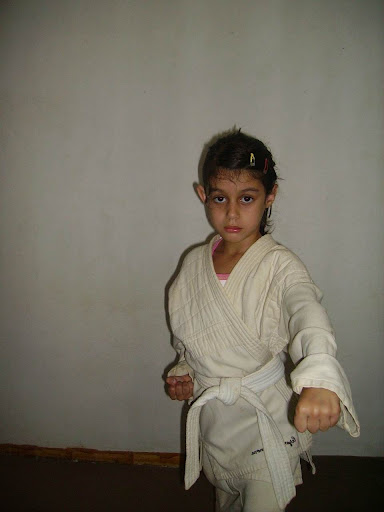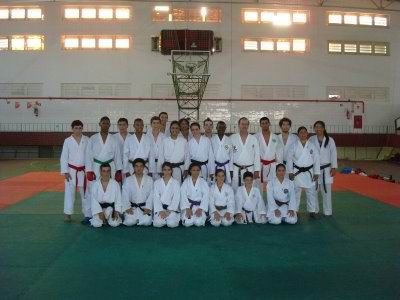

In a larger context, the mass shooting bingo card is a representation or metaphor of how race, class, gender, religion and other identities filter the American public's understanding of gun violence and how to assign blame and responsibility for it.īut the mass shooting bingo card is not understood and used the same way by different groups of people. The mass shooting bingo card has squares labeled with categories such as "mental health," "lone wolf," "thoughts and prayers," "violent video games," "now is not the time to talk politics" and "radical Islamic terrorism."

One such example of these macabre sensibilities is the "mass shooting bingo card" that circulates online after a high-profile mass shooting such as those over the past week in Boulder and Atlanta. Like soldiers in wartime, many Americans have developed a type of gallows humor to manage the routine horrors of a culture where gun violence and mass shootings are fixtures of day-to-day life. "Defensive gun use" statistics are inaccurate and wildly exaggerated. While gun "advocates" have created superhero narratives, such as the fantasy about "a good guy with a gun" who stops "a bad guy with a gun," the reality is that a gun owner is much more likely to shoot a family member, a neighbor, a friend or themselves - by accident or suicide - than a criminal assailant. The militias referred to in the Second Amendment were intended as a means for white people to eliminate Indigenous communities in order to take their land, and for slave patrols to control Black people. civilians, with the Second Amendment considered a sacred mandate, is also intricately related to militaristic culture and white nationalism. The astronomical number of firearms owned by U.S. In her book "Loaded: A Disarming History of the Second Amendment," Roxanne Dunbar-Ortiz describes America's obsession with guns: Some of these "super-owners" have dozens of guns. It is especially worth noting that just 3 percent of gun owners possess half the total number of guns in America. Gun violence is estimated to cost the U.S. economy more than $200 billion dollars a year, according to a 2019 report. The U.S. has more guns per capita than any other country in the world - even more than Yemen, a nation torn apart for years by a bloody civil war. In fact, there are more guns in the United States than there are people. The number of deaths from gun violence would be even higher if not for dramatic recent advances in trauma and emergency medicine. has the highest rate of gun-related deaths among wealthy nations. These incidents are a few examples of many that illustrate the ways that America is truly an "exceptional" nation - in its astronomically high levels of gun violence and mass shootings. Those were not the only examples of large-scale gun carnage in America during that same seven-day period: There were also mass shootings in Houston, Dallas, Philadelphia, Stockton, California, and Gresham, Oregon.


One of the victims was a Boulder police officer. On Monday, another 21-year-old man, reportedly a Syrian immigrant who had lived most of his life in the United States allegedly shot and killed at least 10 people at a King Soopers supermarket in Boulder, Colorado. Last Tuesday, in a possible or likely hate crime, a white man, shot and killed eight people in the Atlanta area, six of them women of East Asian descent. At least 540,000 people have succumbed to COVID-19, and we have suffered two mass shootings in seven days. America is struggling through a season of death.


 0 kommentar(er)
0 kommentar(er)
